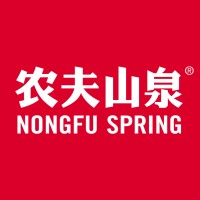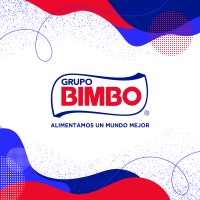
NONGFU SPRING CO.,LTD
Founded in 1996, Nongfu Spring is China's largest packaging water supplier, holding the number one spot for market share and is one of the top 20 beverage companies in China.In terms of retail sales in 2019, Nongfu Spring ranks among the top three in the Chinese market for tea beverages, functional beverages and juice beverages. Since its foundation, Nongfu Spring has strictly adhered to a "natural and healthy" philosophy, never using tap water and never adding artificial minerals to its drinking water. In order to ensure a continuous supply of high-quality natural water, Nongfu Spring has a unique strategic vision and prospectively lays out twelve scarce high-quality natural water sources in China, laying the foundation and ability to provide consumers with long-term natural health services and form long-term Stable competitive advantage. Nongfu Spring remains true to original aspiration, focuses on the future, to create a Chinese beverage super brand.






